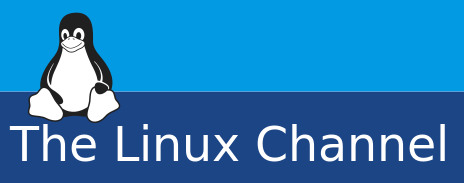VIDEOS 》 TrueNAS (formerly known as FreeNAS) - free and open-source network-attached storage software based on FreeBSD
Suggested Topics:
Video Episodes :: FreeBSD
Join The Linux Channel :: Facebook Group ↗
Visit The Linux Channel :: on Youtube ↗
💗 Help shape the future: Sponsor/Donate
Tópicos recomendados:
Featured Video:
Trending Video:
Recommended Video:













